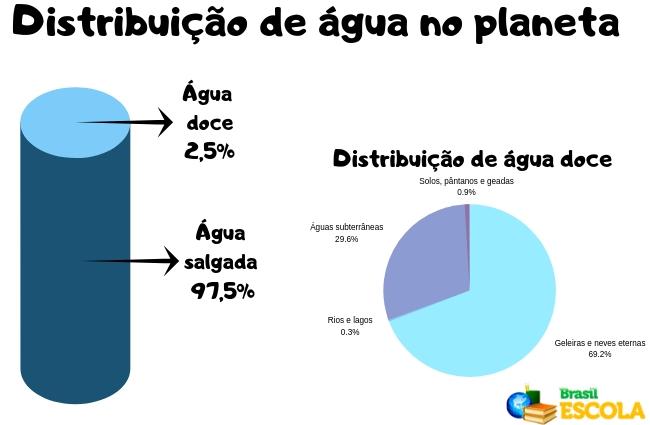Located in the far north of the Atlantic Ocean, close to the Arctic Circle, the island on which Icelandic territory is located has a territorial extension of 103,000 square kilometers, featuring a mountainous relief, as well as volcanic activity and the geyser phenomenon, which consists of intermittent hot springs, of volcanic origin, whose eruption promotes the release of water into the air, reaching up to 60 meters tall. This phenomenon is very important, as it breaks the ice caps (which cover 12% of the national territory) and provides energy for heating homes (geothermal energy).
Fishing, responsible for 40% of exports, is the main economic activity in the country, especially cod. This activity has a direct influence on the industrial sector, as the food segment is driven by the diversity of fish. The country, in the last two decades, has strengthened the software industry and biotechnology. Another essential sector is tourism, especially ecotourism.
Icelanders enjoy one of the best living standards on the planet. The country offers an excellent social security system. According to data released in 2010 by the United Nations (UN), Iceland occupies the 17th place in the world ranking of the Human Development Index (HDI), with an average of 0.869. Its infant mortality rate is among the lowest in the world: 3 deaths per thousand live births; all inhabitants over 15 years of age are literate; life expectancy is 81.6 years and environmental sanitation services serve all homes.
Do not stop now... There's more after the advertising ;)

Iceland Coat of Arms
Iceland data:
Territorial extension: 103,000 km².
Location: Europe.
Capital: Reykjavik.
Climate: Subpolar (mostly) and oceanic temperate (in the southern portion).
Government: Republic with mixed form of government.
Administrative division: 79 municipalities.
Language: Icelandic (official).
Religions: Christianity 96.4% (Protestants 88.5%, others 7.9%), no religion and atheism 2.2%, others 1.4%.
Population: 322,691 inhabitants. (Men: 165,242; Women: 157,449).
Composition: 99% Icelandic, another 1%.
Demographic density: 3.1 inhab/km².
Average annual population growth rate: 2.1%.
Population residing in urban areas: 92.28%.
Population residing in rural areas: 7.72%.
Undernourished population: less than 5%.
Life expectancy at birth: 81.6 years.
Households with access to drinking water: 100%.
Households with access to the health network: 100%.
Human Development Index (HDI): 0.869 (very high).
Currency: Icelandic Krona.
Gross Domestic Product (GDP): 16.7 billion dollars.
GDP per capita: $62,033.
External relations: World Bank, IMF, OECD, WTO, UN, NATO.
By Wagner de Cerqueira and Francisco
Graduated in Geography
Brazil School Team
Iceland - countries - geography - Brazil School
Would you like to reference this text in a school or academic work? Look:
FRANCISCO, Wagner de Cerqueira and. "Data from Iceland"; Brazil School. Available in: https://brasilescola.uol.com.br/geografia/dados-islandia.htm. Accessed on June 28, 2021.

